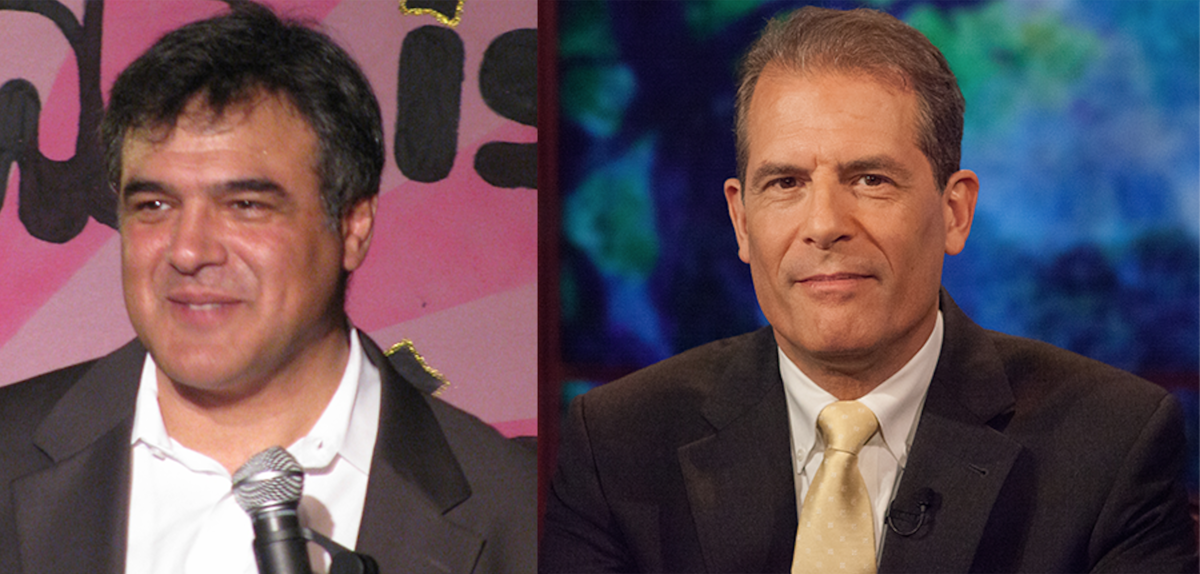A joint interview : John Kiriakou and Jonathan Landay
An analysis of changes in American democracy
John Kiriakou is a whistleblower who revealed the torture program used by the CIA. Jonathan Landay wrote tirelessly, then, that the Bush Administration was creating a (false) narrative to justify the invasion of Iraq. What do they think about the evolution of their country?

John Kiriakou is a former CIA agent. He was the first to confirm the use of torture (waterboarding) by the agency in its fight against terrorism. Jonathan Landay and his colleague Warren Strobel were the only journalists to write that the Bush administration's story justifying the invasion of Iraq was a fabrication. A film was made about their story: Shock and Awe.
Jonathan, you disclosed before all your colleagues that some people in the Bush Administration were creating a narrative so the country could go to war against Iraq. John, you disclosed information about the CIA using torture to get information for the war against terror. Is there something wrong with democracy ? How did it come to this?
John Kiriakou : In the US context, this came about because of Barack Obama's nixonian obsession with national security leaks. It was at the urging of then-Deputy National Security Advisor (and later CIA Director) John Brennan that the Obama Administration prosecuted national security whistleblowers, including me. And these prosecutions were in keeping with Obama's neoliberal, pro-war ideology.
Jonathan Landay : In a democratic country, one of the key values is the freedom of speech. This freedom of speech can be used in a variety of ways. Positively or negatively. They were able to do it because we have freedom of speech here. It's a risk you accept when you embrace democracy, the misuse of this freedom. Also we had for the most part a media that did not look...